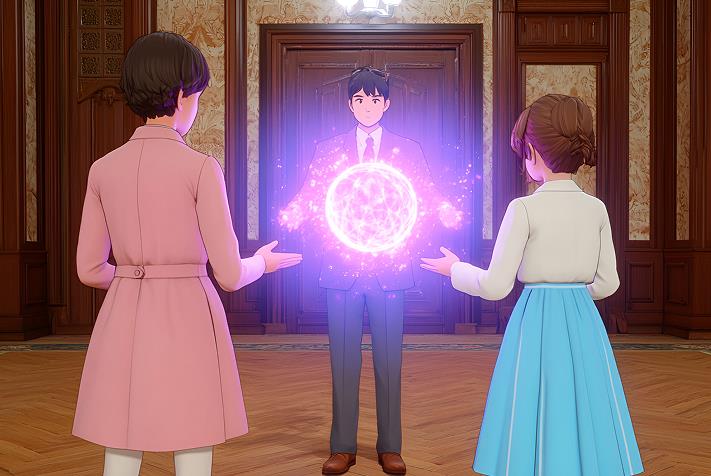In the magical world that J.K. Rowling created, Hogwarts School of Witchcraft and Wizardry is like a dreamland for countless fans. Every young wizard or witch who dreams of embarking on a magical journey hopes to receive that long-awaited letter of admission from Hogwarts. And before stepping through the magnificent doors of the school, there is an important hurdle - the entrance talent test. This test is not just a simple assessment but a key to unlocking the potential within and determining which path of magic one will follow.

The entrance talent test at Hogwarts is a comprehensive and mysterious affair. It encompasses various aspects that aim to discover the unique gifts and inclinations of each prospective student. One of the primary areas tested is the aptitude for spellcasting. When a young hopeful stands in front of the examiners, they are often asked to perform some basic spells. For example, the "Wingardium Leviosa" charm, which is used to make objects levitate. This seemingly simple spell actually requires a delicate control of one's magical energy and a precise pronunciation of the incantation. Those with a natural talent for spellcasting can make the object rise smoothly and steadily, while others might struggle with it, either failing to make it move at all or causing it to wobble precariously in the air.
Another crucial aspect is the ability to sense and interact with magical creatures. In the magical realm, there are numerous creatures that wizards and witches need to understand and communicate with. During the test, students might be taken to a special enclosure where they encounter creatures like the Niffler, a small, furry beast with a penchant for shiny things. The task could be to coax the Niffler to return a stolen trinket without using force. Those with a strong affinity for magical creatures can quickly build a connection with them, using gentle words and gestures to persuade the Niffler to comply. On the other hand, those lacking this talent might find the Niffler ignoring them completely or even becoming skittish and running away.
The talent for potion-making is also carefully evaluated. In the dimly lit potions classroom, with cauldrons bubbling away, students are given a set of ingredients and a recipe for a particular potion. They need to measure the ingredients accurately, add them in the right order, and control the heat of the cauldron precisely. A potion for healing minor wounds, for instance, requires the right combination of herbs like dittany and a specific simmering time. Those with a knack for potion-making can create a perfect brew that glows with the right hue and has the intended effect. However, for those without the talent, the potion might turn out to be a murky mess, lacking any of the desired properties or even emitting an unpleasant smell.

Divination is yet another area that is part of the test. In the tower room where the air is thick with mystery and incense, students are asked to gaze into crystal balls or read the patterns of tea leaves. Some might see clear images or symbols in the crystal ball, foretelling events that are yet to come, while others might just stare blankly at the swirling mists within, unable to make sense of any hidden meanings. The ability to interpret these signs and have an intuition for the future is considered a special talent in the magical world, and those who possess it can find themselves on a unique path at Hogwarts.
The talent test also delves into the realm of magical defense. In a simulated dueling scenario, students need to use defensive spells to protect themselves from incoming attacks. Spells like "Protego" need to be cast quickly and with enough force to repel the opposing spells. Those with a natural aptitude for magical defense can sense the incoming danger and react promptly, creating a solid shield of magic around them. Meanwhile, others might be caught off guard and struggle to hold their ground against even the simplest of attacks.
In conclusion, the Hogwarts entrance talent test is a multi-faceted exploration of a young wizard or witch's potential. It sorts out those who have a natural inclination for different branches of magic and helps the school's professors understand how best to guide and teach each student. It's not just about passing or failing but about uncovering the unique magical gifts that lie within every individual, ready to be nurtured and developed during their time at Hogwarts. Whether it's becoming a master of spells, a friend to magical creatures, a proficient potion-maker, a seer of the future, or a stalwart defender, the talent test sets the stage for an exciting and magical journey that awaits at Hogwarts School of Witchcraft and Wizardry.